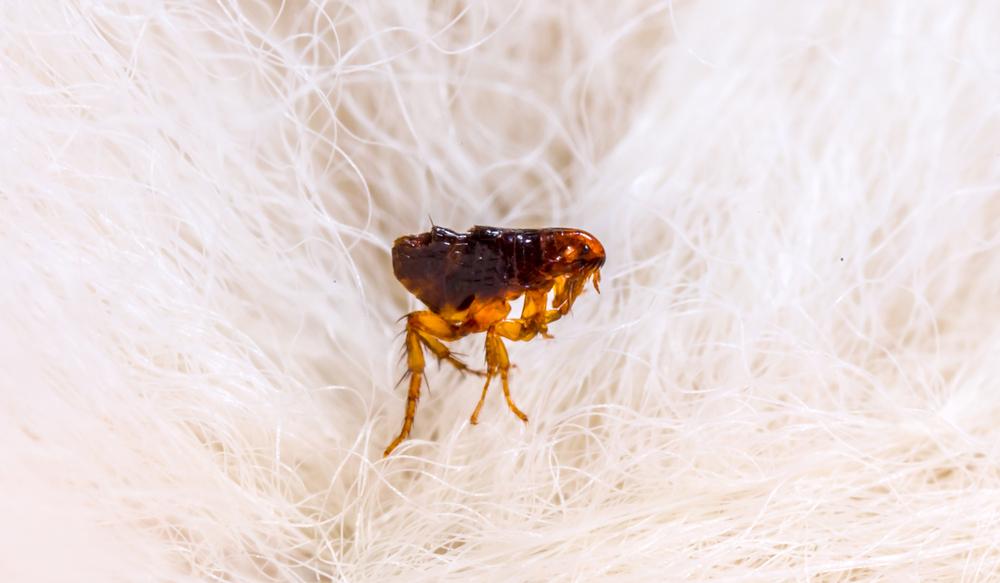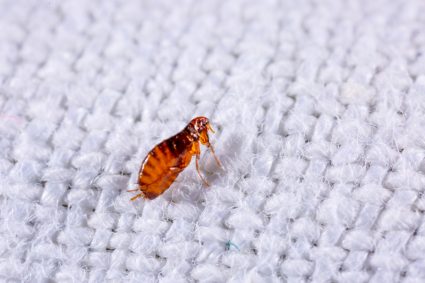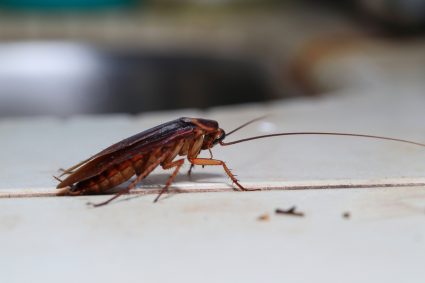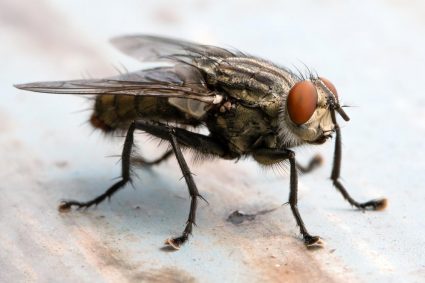
Fleas are a common nuisance for pet owners, but they can be especially harmful to kittens due to their small size and developing immune systems. Choosing the right flea treatment can be a daunting task due to the plethora of options available. This article will provide a comprehensive guide on the best flea treatments for kittens, the risks associated with fleas, and tips on how to administer these treatments safely and effectively.
Kittens can safely receive topical flea treatments after they are 8-10 weeks old and weigh more than 1.5-2 pounds. Some of the safest and most effective flea treatments for kittens include Capstar Oral Flea Treatment and Revolution Plus Topical Solution. For kittens under eight weeks, manual flea removal using a flea comb or a gentle bath with dish soap can help. Always consult your veterinarian for the most appropriate flea treatment for your kitten.
Understanding the Risk of Fleas in Kittens
Fleas are more than just an itchy annoyance. They can pose significant health risks to kittens, such as anemia, tapeworms, and severe skin inflammation. Kittens are particularly vulnerable due to their small size and undeveloped immune systems.
When to Start Flea Treatment
Flea treatments vary depending on the kitten’s age and weight. Kittens can safely receive topical flea treatments after they are 8-10 weeks old and weigh more than 1.5-2 pounds. For kittens under eight weeks of age, manual flea removal using a flea comb or a gentle bath with dish soap can help kill fleas and wash away larvae and flea dirt. Always consult your veterinarian for the most appropriate flea treatment for your kitten.
Safe and Effective Flea Treatments for Kittens
Some of the safest and most effective flea treatments for kittens include Capstar Oral Flea Treatment, Revolution Plus Topical Solution, and using a flea comb. Always consult your veterinarian before starting any flea treatment for your kitten, as they can recommend the best option based on your kitten’s age, weight, and overall health.
Avoiding Harmful Ingredients
Pet owners should avoid flea treatments containing permethrin, organophosphates, and essential oils as these ingredients can be harmful to kittens. Always read the label and consult your vet if you’re unsure about a product.
Administering Flea Treatment Properly
To properly administer flea treatment, first determine the kitten’s age and weight. Choose the appropriate flea treatment based on these factors and apply as directed. Remember to keep the environment clean and monitor the kitten’s condition.
Frequency of Flea Treatments
The frequency of flea treatments depends on the specific product and the kitten’s age and weight. Some treatments recommend monthly application, while others can be used more frequently. Consult your vet for personalized advice.
Home Remedies as Alternative Treatments
Home remedies can be used as an alternative to commercial flea treatments. Some of these include combing with a flea comb, bathing with dish soap, and using organic flea sprays. However, their effectiveness may vary and it’s always best to consult with a veterinarian.
Precautions When Using Flea Treatments
Avoid products with permethrin, avoid using essential oils, consult your veterinarian, and never use dog flea treatments on cats. Consider the age and weight restrictions of the product and read the label carefully.
Side Effects of Flea Treatments
Common side effects of flea treatments include skin irritation, vomiting, diarrhea, tremors, lethargy, drooling, itchiness, and labored breathing. Always monitor your kitten after administering treatment and seek veterinary care if any adverse reactions are observed.
In conclusion, choosing the right flea treatment for your kitten is crucial for their health and comfort. Always consult with a veterinarian to ensure the safest and most effective treatment.
Frequently Asked Questions
Can I use dog flea treatments on my kitten if I adjust the dosage?
No, you should never use dog flea treatments on cats or kittens. These products can contain ingredients that are highly toxic to cats, even in small doses.
How can I tell if my kitten has fleas?
Signs of flea infestation in kittens include excessive scratching or biting at the skin, visible fleas or flea dirt (small black or brown specks) in the kitten’s coat, and possible hair loss or redness from scratching.
Can I use flea collars on my kitten?
Flea collars are generally not recommended for kittens under 12 weeks of age. Always consult with your veterinarian before using any flea treatment product.
How long does it take for flea treatments to work?
The effectiveness of flea treatments can vary, but most start killing fleas within a few hours of application. You should start seeing a reduction in flea activity within 24 hours.
Can my indoor kitten get fleas?
Yes, fleas can enter your home on clothing, other pets, or even on your own body. Even indoor cats and kittens are at risk for flea infestations. Regular flea treatments are recommended for all pets, regardless of their indoor or outdoor status.












